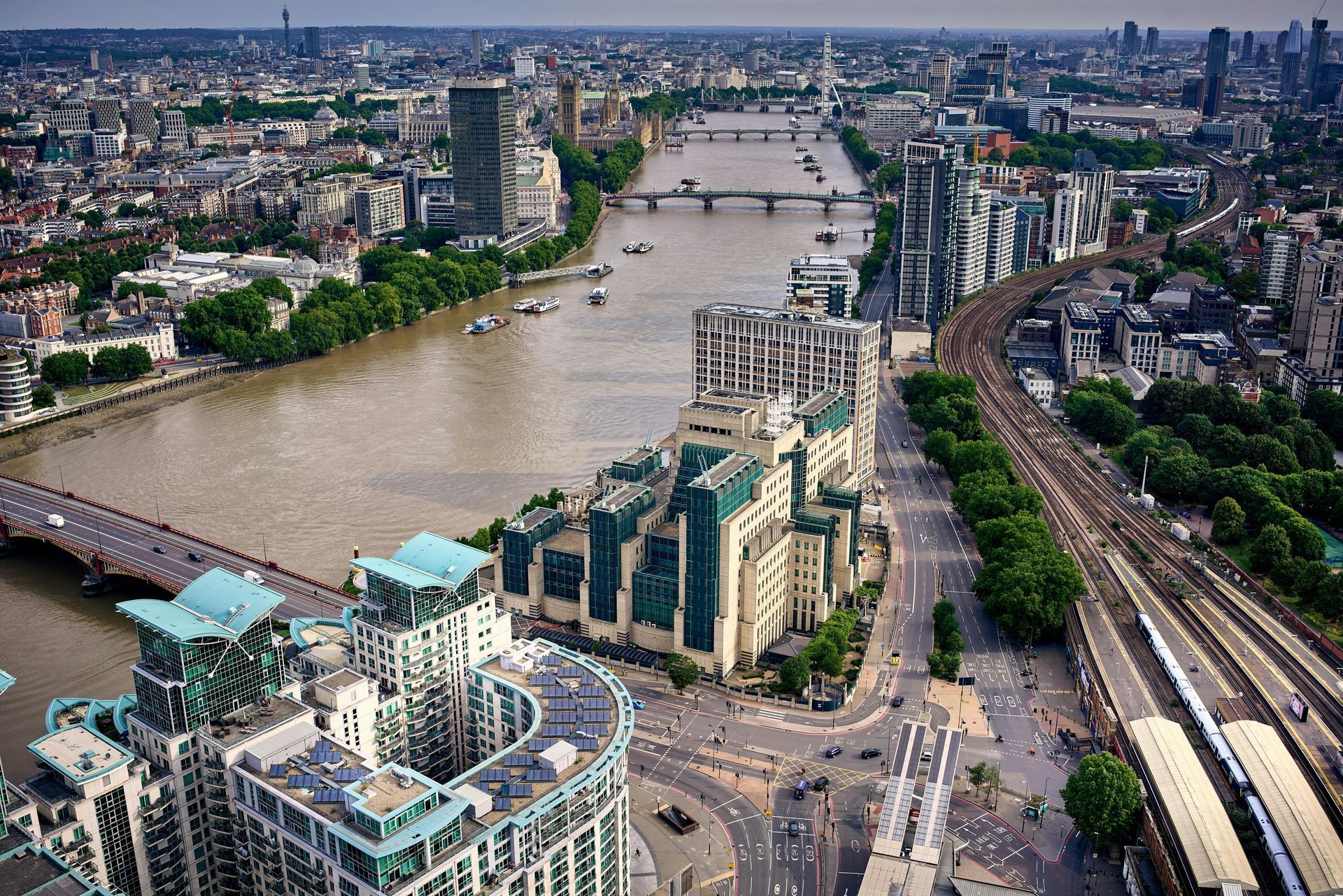What should long term expats do about domicile changes in UK?

Background
UK Chancellor Jeremy Hunt announced significant changes to the UK's taxation regime in the Spring 2024 budget.
Those changes can broadly be summarised as follows:
- the abolition of the remittance basis for income tax and capital gains tax for non-UK domiciled individuals; and
- possible changes to inheritance tax (IHT) based on residence, not domicile.
It is the second of these points that will likely to have a significant impact on long-term British expats and their future tax liabilities.
Key Tax Changes
Income and gains
From 6 April 2025, new UK residents will only be exempt from UK tax on "foreign income or gains" during their first four years of UK residence.
After that, they will be taxed on their worldwide income and capital gains.
Transitional arrangements are being made for existing UK residents who are not UK domiciled, but they will also be taxed on their worldwide income sooner than before.
Inheritance Tax (“IHT”)
Another significant change involves inheritance tax (IHT). Currently, IHT is based on domicile and is charged at 40% on the total value of the deceased's estate, after exemptions.
However, the Chancellor indicated that the government is considering making IHT liability dependent on residence rather than domicile.
This change could lead to UK residents of 10 years or more paying IHT on their worldwide estates. This shift in policy may have profound implications for long-term UK expats.
Potential Implications
Foreign income and gains
The proposed changes to the remittance basis for income tax and capital gains tax could have wide-ranging impacts on non-domiciled individuals. A one-dimensional view is that, if non-domiciled status is abolished, then it will lead to increased tax revenues. Indeed, the stated policy intention behind these changes is to increase tax revenue by GBP2 billion.
However, this fails to take into account any behavioural shifts. The elephant in the room here is that many high-net-worth individuals, who are generally internationally mobile, might leave the UK or become non-UK tax residents to avoid increased taxation. It is therefore a high-wire act for the Government.
IHT
Regarding IHT changes, the shift from domicile-based to residence-based taxation may simplify the rules.
At the moment, an expat remains exposed to UK IHT on their worldwide assets whilst they remain domiciled in the UK. Even where they have been expats for a long period of time, this can be a problem because:
- Domicile is sticky – it is difficult to acquire a domicile of choice elsewhere and can be precarious [LINK];
- Clarity – HMRC will be reluctant to provide a view on this in many cases so one is planning with uncertainty
As such, linking IHT is residency, a more objective link, is helpful. If one has been outside the UK for, say, 10 years then it is easy to ascertain the position (depending on the precise nature of the final rules!) I have hear it suggested that a potential Labour government could extend UK IHT to include anyone holding a British passport, complicating the process for expats seeking to reduce their UK IHT liability. However, I am not sure whether this has any real providence. Recommended Actions for British Expats
General
Given these uncertainties, long-term British expats should consider taking proactive steps to protect their assets and reduce their future tax liabilities. Due to the shifting tax tectonic plates at play here, there is no definitive answer.
However, depending on their mindset and objectives, an expat might consider the following strategies:
#1 Action Strategy
#1a Obtain Opinion of Domicile
Before making significant financial decisions, expats should obtain a legal opinion confirming that they have shed their UK "domicile of origin" and acquired a new "domicile of choice" in their current country of residence.
This, from a practical perspective, involves demonstrating a long-term commitment to residing in the new country and forming an intent to stay indefinitely.
#1b Transfer Wealth into Offshore Trusts
Expats who have obtained legal opinions confirming their new domicile might then wish to consider transfer as much wealth as possible into offshore trusts before 6 April 2025. This approach is expected to be governed by the existing IHT regime based on domicile, providing a safeguard against future tax liabilities.
One important consideration is that the Labour government has already announced plans [LINK] , contrary to the Government’s proposals, that they will make sure such a trust is within the scope of IHT. This provides a dilemma – do nothing and potentially suffer IHT on worldwide assets or incur costs which, in a worst case scenario, might be wasted.
#3 "Wait and See" Approach
Given the uncertainty and potential changes (tax and potential governments!), it is understandable that expats might want to adopt a “wait and see” approach. We have sympathies with this approach.
However, it must be understood what is at stake.
As stated above:
- doing nothing will ensure no professionalfees are wasted – but potentially suffer mean that one is exposed to IHT on worldwide assets; or
- potentially incur unnecessary costs which, in a worst case scenario, might be wasted on ineffective planning
Conclusion
These are difficult times for those internationally mobile people with a UK footprint – whether British expats or UK resident non-doms.
The times are, as they say, ‘a changin’. It might well be that your plans have to be ‘a changin’ too.
For more advice on these matters, then please get in touch.


